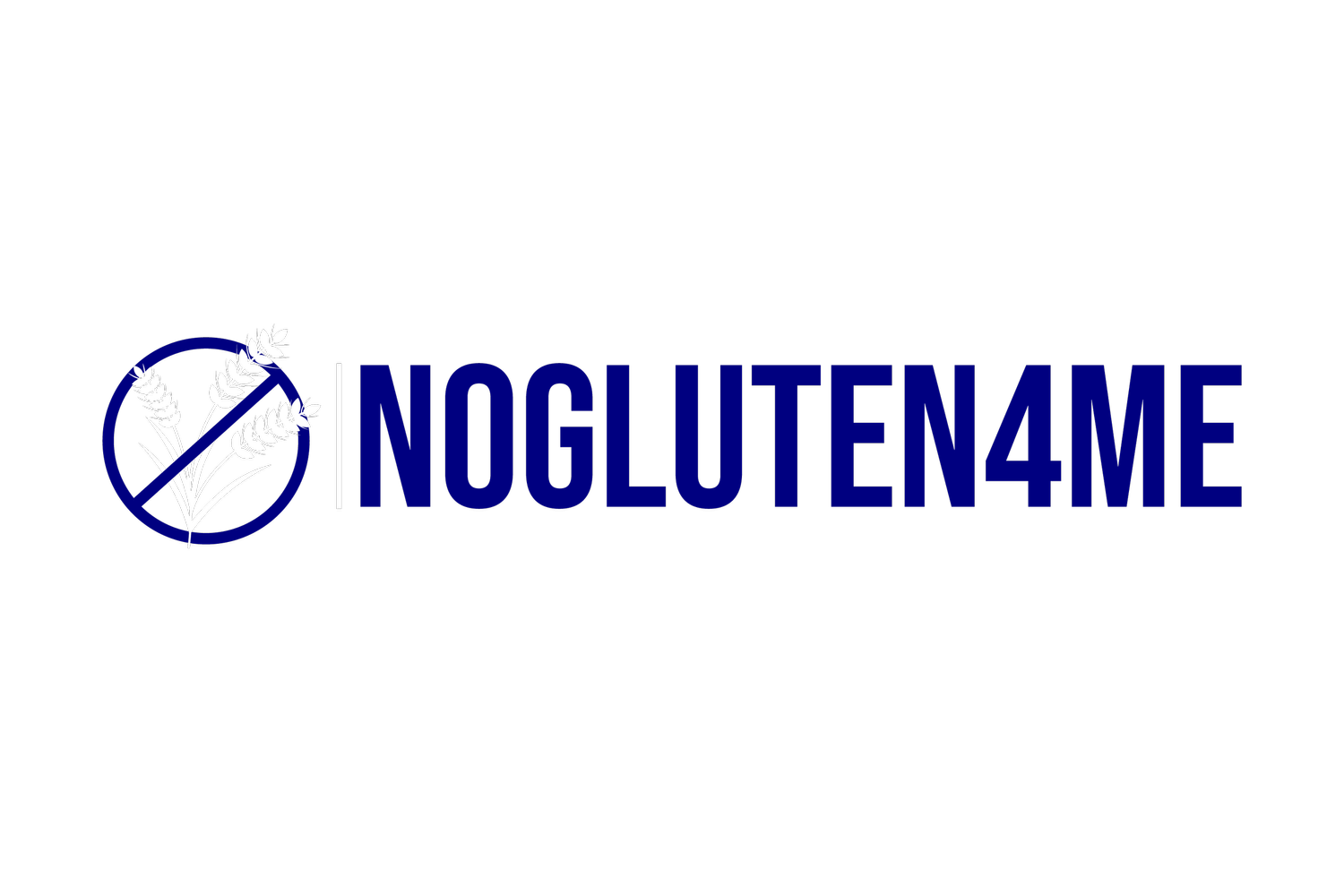What is Celiac Disease?
Celiac Disease is NOT an allergy. It is a chronic autoimmune disease that affects the digestive system, specifically the small intestine. This disease is hereditary, meaning it is passed down through families. It occurs in people who are genetically predisposed to the condition and is triggered by the consumption of gluten, which is wheat, barley, and rye. When people with celiac disease ingest gluten, their immune system mistakenly identifies it as harmful and launches an immune response. This reaction causes the lining of your small intestine to deteriorate over time and prevents it from absorbing nutrients, a disease known as malabsorption.
Twice a year, I go through a blood test to assess how I’m doing on my gluten free diet, in addition to dealing with endoscopies. An endoscopy is when a small camera goes through your mouth, and looks at the small intestine to see how well the diet has treated a patient of Celiac. Not treating Celiac Disease and adhering to the prescribed diet can result in complications such as weakened bones, nutritional deficiencies, lactose intolerance, an increased risk of cancer, neurological disorders and many others!
It is estimated that Celiac Disease impacts approximately 1 in every 100 individuals worldwide, with only around 30% receiving a correct diagnosis. Currently, the only treatment for Celiac Disease involves a lifelong commitment to a rigorous gluten-free diet.
What outsiders believe Celiac Disease is:
Whenever people hear the word Celiac or gluten-free, they either have no idea what either word means or know what it is but don’t understand how serious it is. Having the tiniest bit of gluten can cause a reaction to Celiac disease, showing that diet is supposed to be taken very seriously. Being Celiac means that no food of 20 parts per million of gluten can be eaten. This is equivalent to .002% of food, or 20 milligrams of gluten per 1 kilogram of food.
Being gluten-free can also be used as a type of fad celebrity diet. This truly isn’t a diet, and it isn’t one anyone should want to pick either. Also, getting rid of gluten doesn’t do much for losing weight, as it still has the same amount of sugar and calories as something containing gluten, it's just probably more expensive.
The “Cure” for Celiac
Why diagnosis of Celiac is important
Celiac disease is so important for so many reasons. Celiac disease can have significant health consequences if left untreated. Treating celiac disease through a gluten-free diet is essential for maintaining good health and preventing complications. Also, many people with celiac disease go undiagnosed or misdiagnosed for years, leading to unnecessary suffering and health problems. Raising awareness about the disease can help improve early detection in order to stay and remain healthy. Bringing more attention to this disease can help people’s quality of life by making it easier to find gluten-free food options and accommodations. But, there is cause for optimism
What we know so far about the cure/pill:
Right now, not consuming foods with gluten is the only option for celiac disease. But that might change. Clinical studies are now being carried out by a number of pharmaceutical companies to evaluate the efficacy and safety of several innovative possibilities. As for now, there are a couple of pills that are being tested. Anokion is conducting clinical trials for KAN-101, a treatment aimed at reinstating the body's regular immune tolerance to gluten as a potential approach for addressing celiac disease. Chugai Pharmaceuticals is in the process of developing DONQ52, a medication intended to address celiac disease by inhibiting the immune reactions associated with it. Preliminary findings presented at DDW indicate that DONQ52 was successful in blocking gluten-specific T-cells. Preliminary findings from a Phase 1 clinical trial of CALY-002, a medication created to disrupt immune responses in celiac disease, indicate that the drug is well-received and exhibits a favorable profile as it progresses through the body when administered to healthy volunteers.
Statistics about Celiac!
Here are some statistics about Celiac Disease:
Approximately 1 in 133 Americans, equivalent to around 1% of the population, are believed to have celiac disease. Nevertheless, recent screening studies suggest that the prevalence of the condition in the United States may be even higher than 1%.
It's estimated that as many as 83% of Americans with celiac disease remain undiagnosed or are mistakenly diagnosed with other medical conditions.
Estimates suggest that between 5% and 22% of individuals with celiac disease have a close family member who also has the condition.
As many as 6% of the American population experience non-celiac gluten sensitivity.
Currently, the only treatment option available for managing celiac disease or non-celiac gluten sensitivity is a completely gluten-free diet.


